A crisis like this arises once every century. The complete extent of the damages caused by the coronavirus epidemic will only be clear later, with time. However, we can already witness the difficulties faced by people, the damaged economic sectors, and the families disparaged by the loss of relatives. And though a vaccination has appeared on the horizon, our problems are far from over. Europeans have not yet seen the ray of hope they are anticipating. It is up to the European Union—and its strength, struggle for solidarity, and competence of Member States—to ensure that the people of Europe regain their faith in the future.
The Covid-19 Pandemic is the biggest crisis since World War II. For the first time since 1989, we have the chance to respond to the challenges of this crisis together—as an independent, united Europe. This is an incredible opportunity. At the same time, the question persists: can we rise to this historic challenge? I believe that historians will document this moment as Europe’s great test.
But at this crucial moment necessitating mutual solidarity, a strong sense of division has emerged in Europe. It’s as if the enormous effort behind the recovery fund is doomed to destruction for the reasons that have always been the weak point of our continent: a tendency to argue and seek what separates us, rather than what unites. The method by which they want to connect the rule of law expectations and budgetary conditionalities, not only raises serious concerns regarding the legal basis of this mechanism, but also undermines the foundations of trust and loyal cooperation between Member States and EU institutions. The current measures which circumvent the founding treaties cause enormous legal uncertainty. Is this the kind of solution we want to provide our citizens who are in the throes of an unprecedented pandemic situation? Uncertainty and political quarrels?
Currently, the EU’s grave problem and paradox is that, while it continuously emphasizes the virtue of diversity, it is unwilling to accept Europe’s legal and constitutional nuances rooted in tradition. Just as European nations differ from each other, this continent’s community is composed of differing models of democracy. The French V. Republic and Germany contrast—but this is to be expected given that the French system was created by the will of the French people and the German by Germans. Italians and Poles, Portuguese and Hungarians—they all have the right to differ from one another. The EU must strive for solidarity in diversity, because this is the only way its unity will be efficient and constructive.
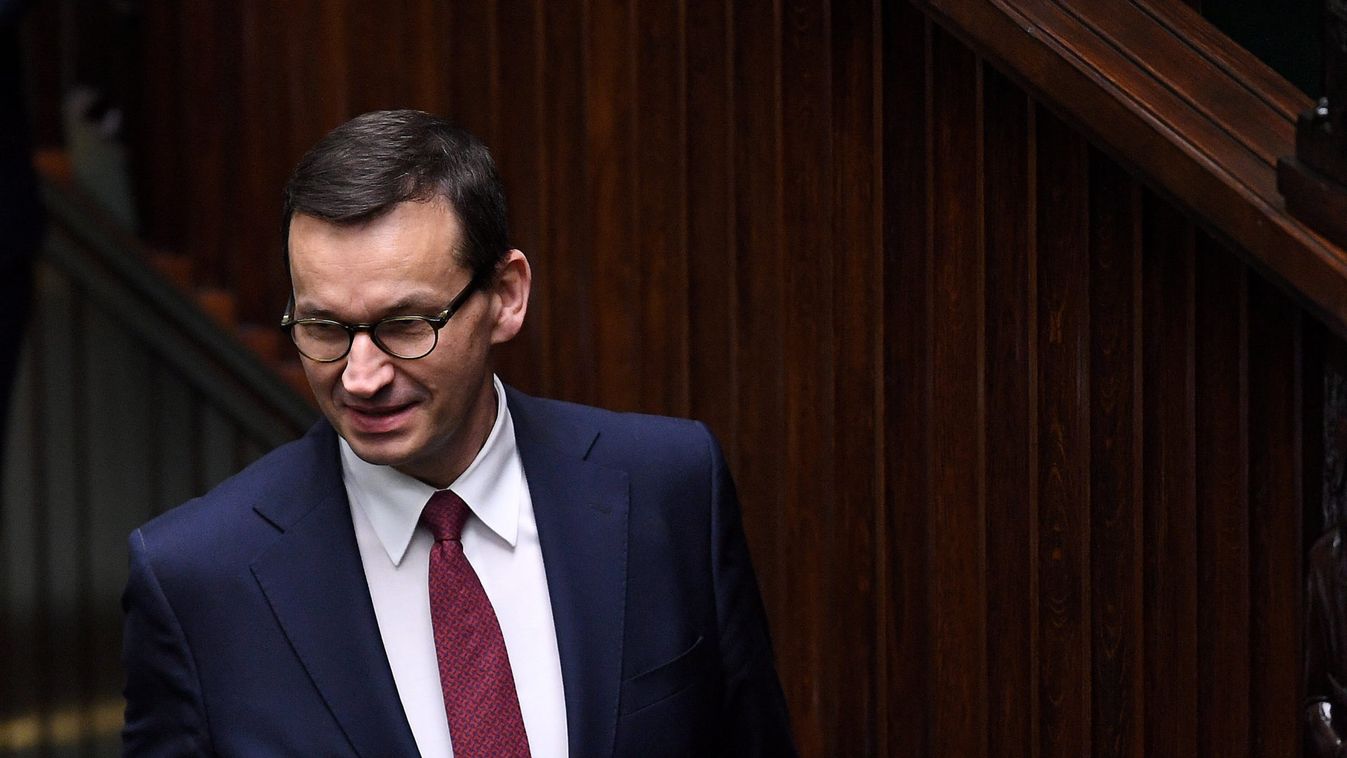
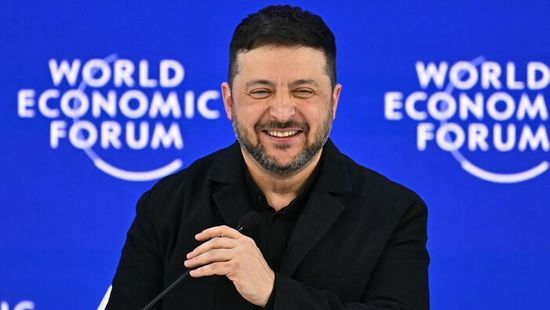
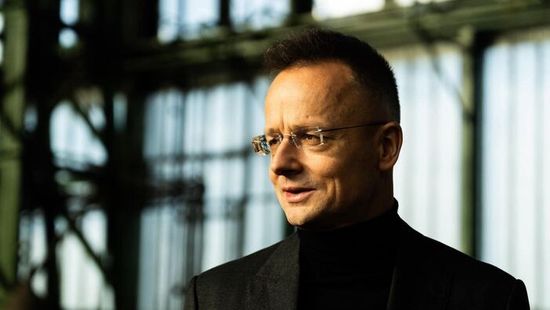
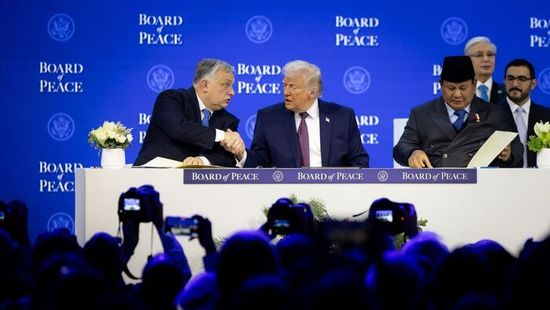
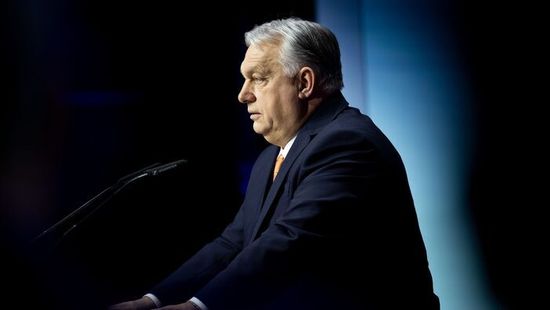

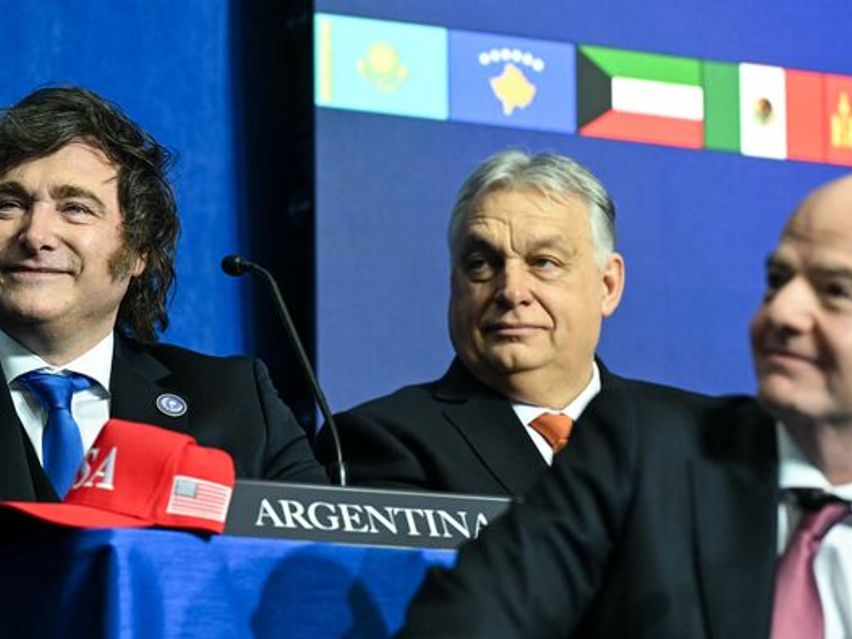
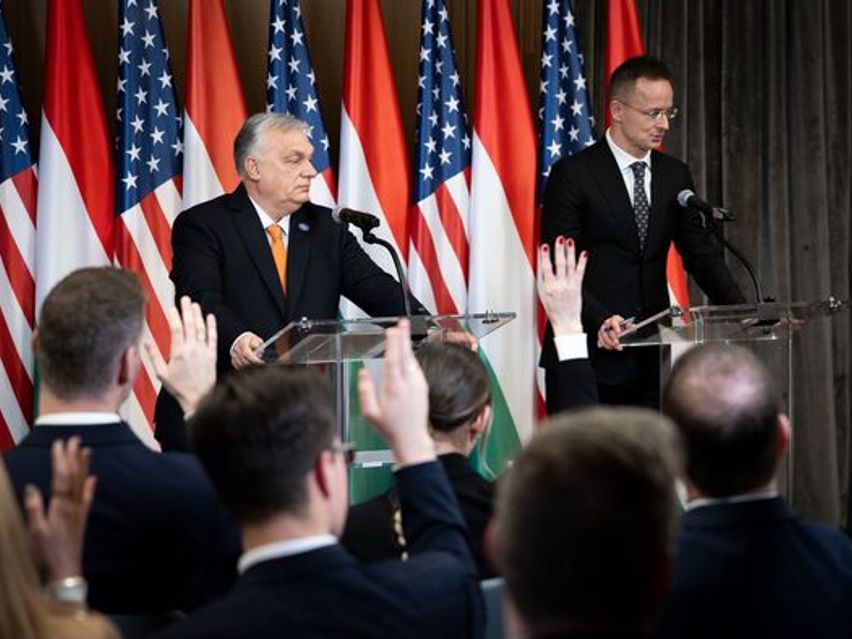
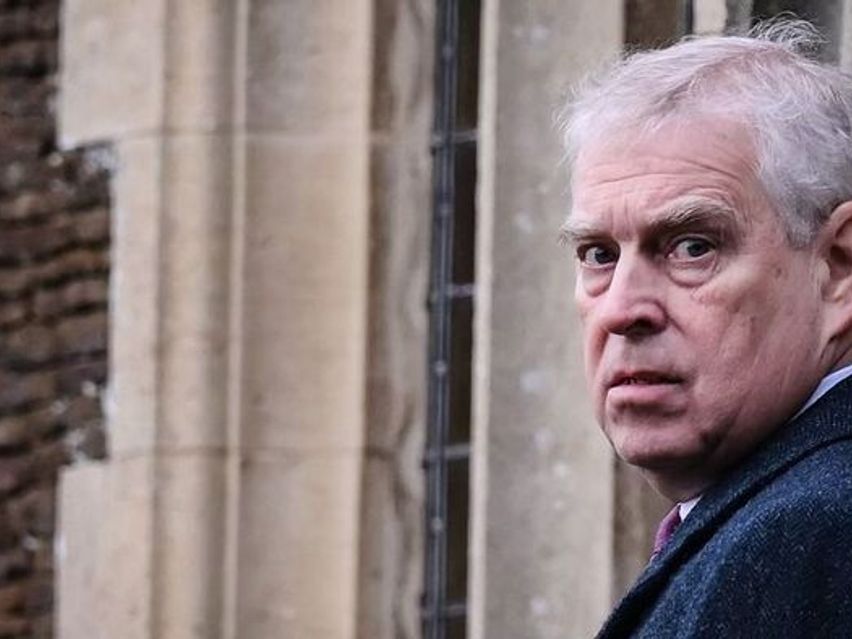
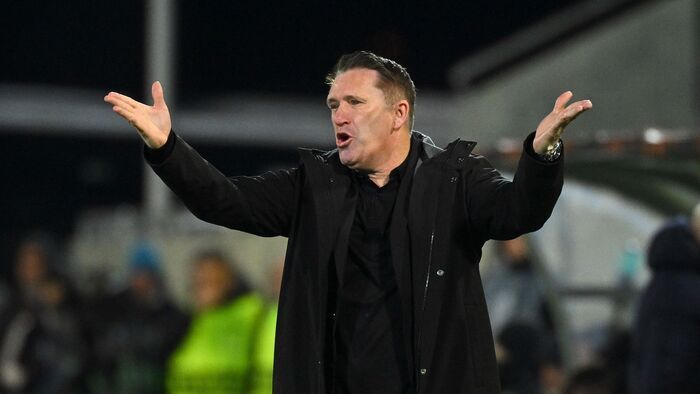

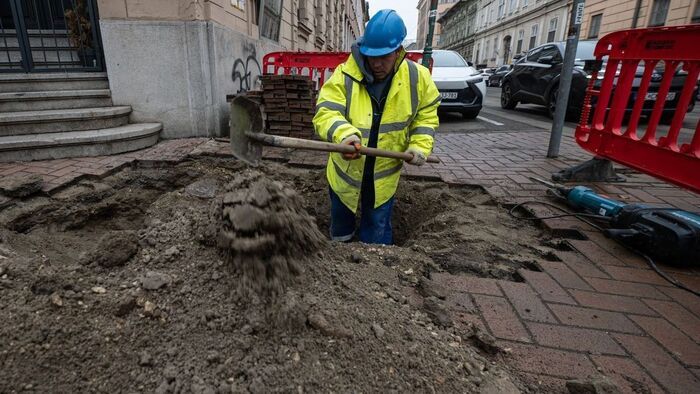


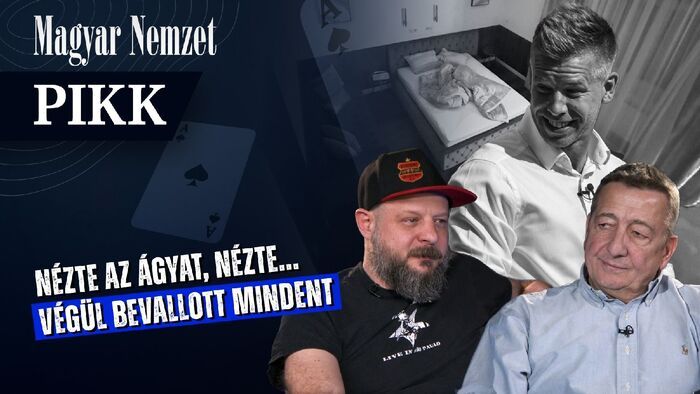
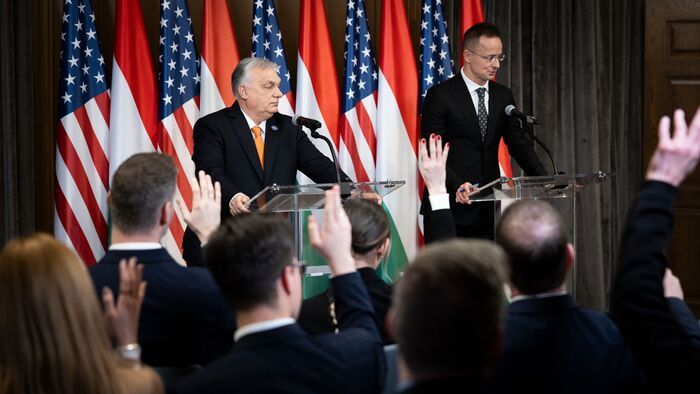
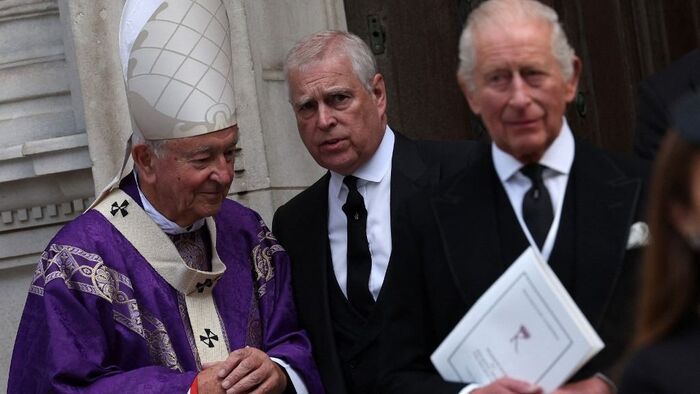
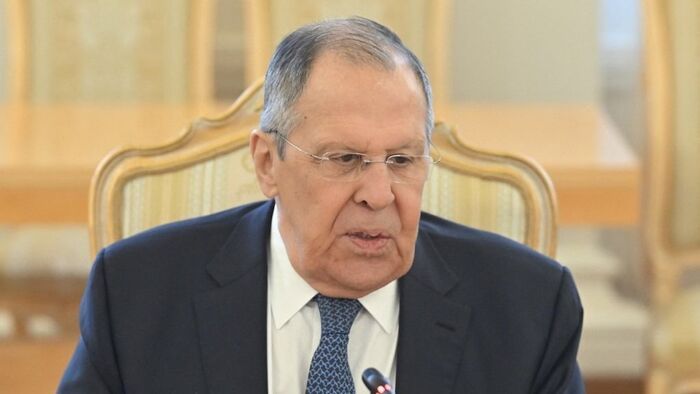





Szóljon hozzá!
Jelenleg csak a hozzászólások egy kis részét látja. Hozzászóláshoz és a további kommentek megtekintéséhez lépjen be, vagy regisztráljon!